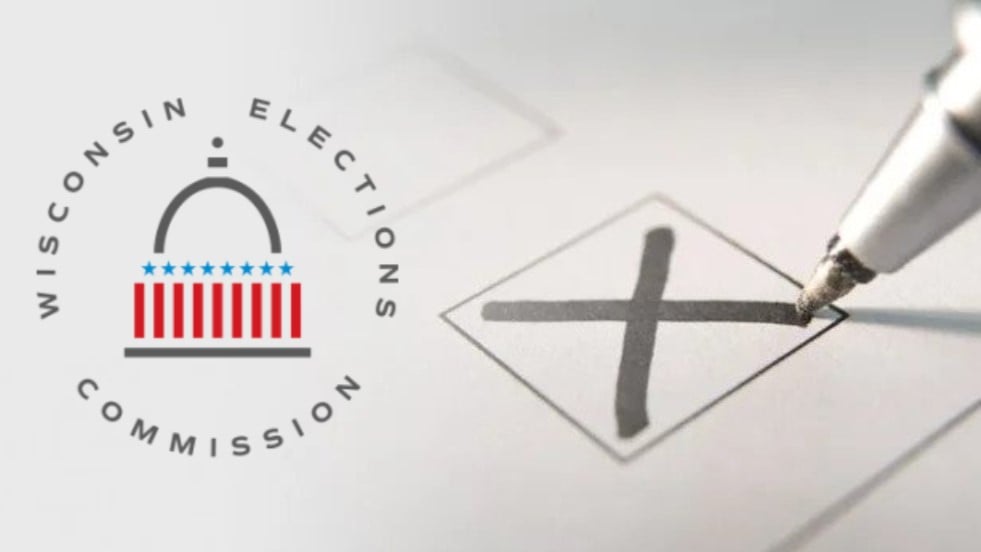There are quite a few questions candidates or campaigns would do well to answer before acquiring voter data. Without answering these questions—and doing the essential preparation that demands—they risk wasting a lot of valuable time, money and talent. And they've probably let some key opportunities slip by, too.
Remember, there's a lot of voter data out there, but not all of it will meet the methods and goals of your campaign.
 Each state, for example, collects voter information under the requirements of the federal Help America Vote Act (HACA) of 2002, but the type and amount of data, and its cost, varies state by state. In Wisconsin,voter data includes names and addresses statewide and by district or jurisdiction, or by specific election, but phone numbers and email addresses are given only if they're on file. (Whether they're current addresses is another matter entirely.) The cost is $30 plus printing charges to a maximum of $12,500, unless you've asked for data "outside the standard requests," in which case final costs will be higher.
Each state, for example, collects voter information under the requirements of the federal Help America Vote Act (HACA) of 2002, but the type and amount of data, and its cost, varies state by state. In Wisconsin,voter data includes names and addresses statewide and by district or jurisdiction, or by specific election, but phone numbers and email addresses are given only if they're on file. (Whether they're current addresses is another matter entirely.) The cost is $30 plus printing charges to a maximum of $12,500, unless you've asked for data "outside the standard requests," in which case final costs will be higher.
But don't expect a voter's age in even a custom request; Wisconsin only releases ages to law enforcement and other government entities, according to its voter manual. There's no evidence in the manual that it collect demographic data, like a voter's race, income or size of household.
To Know What Data You Want, Define What You Need
The surest guarantee against wasting your campaign's money, time and resources is to know what you need before you go out and get it.
A good place to start is by asking these three questions:
1. What are your geographic parameters? You need to know the exact district or seat of your campaign. Maybe you're sure you know this, but the once-every-10-year redistricting cycle that redraws political maps often ends up tied up in the courts: 113 challenges have been filed so far this cycle in 31 states. Be sure to get the most updated map and know your district before pulling or requesting data.
2. In which mediums do you want to market to your voters? Do you want to put on your tennis shoes and canvass? Do you plan to send out mail or send an automated call? As the Wisconsin example above shows, data from state or local governments may not be the most dependable or complete—residential addresses, geocoding, and landline and cellphone numbers are updated only if the voter initiates the update, and if the state chooses to divulge them. If you plan to walk neighborhoods, geocoding is essential; if you're using automated calling, you need reliable phone numbers. Determine your mode of marketing before you make a purchase.
Your best best is to buy from a reputable firm whose data includes all potential contact records for each voter. The firm you choose should also be able to "household" your data, meaning you can condense your district's voter file by householding, or building voters in a home. This saves money on campaign mailings and telemarketing, and makes for more efficient canvassing of neighborhoods.
3. What type of race are you running? Are you running in a primary election, a special election or a general election? Are you in a midterm or presidential election cycle? How your campaign answers these questions will determine the voter counts available in your file and the criteria used to pull data from your source. Presidential cycles generally deliver twice as many voters as midterm elections, and the data gathered for local or special elections is often 10 to 50 percent that of midterms.
If you're in a primary election, whether partisan or nonpartisan, it's sometimes best to narrow your focus to primary election voters. At Campaign Now, we like to pull voters with a 50 percent track record of voting in a given election, for the last three or four times those elections were held. That way, you get a database of voters who are dedicated to voting in the election you're holding—and who you'll want to reach.
You may have thought of a few more questions, and that's good. But these three will get you started on that all-important first step in running a successful campaign today—acquiring the right data for you.
Are you looking for the right voter data for your campaign? Contact one of our specialists today at (855)329-4327 or click here.



